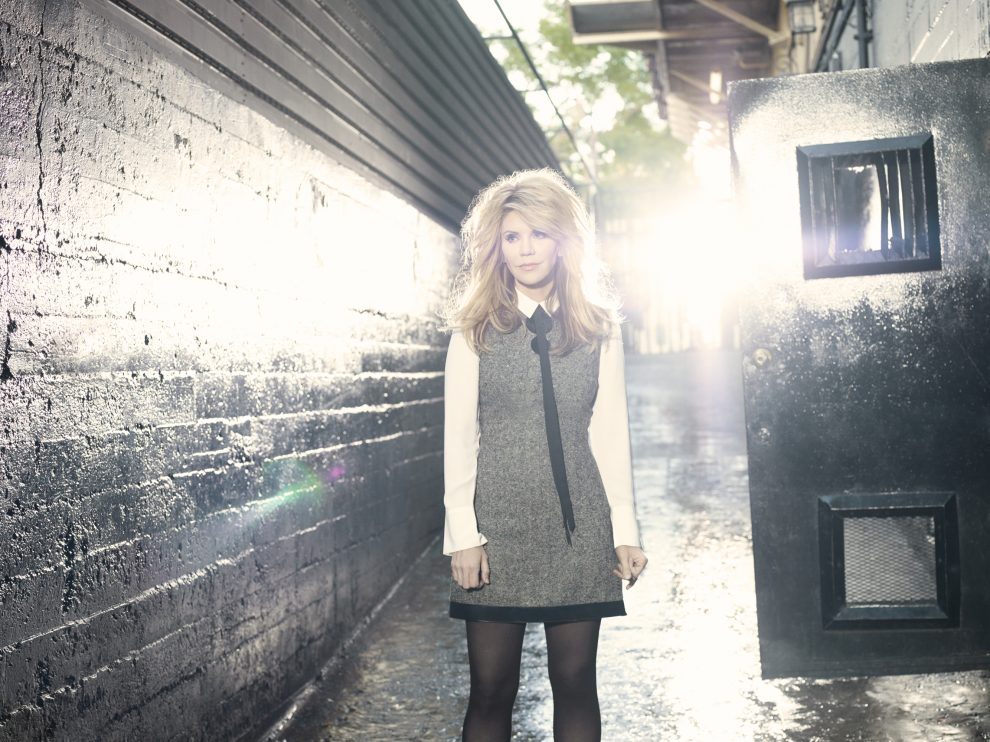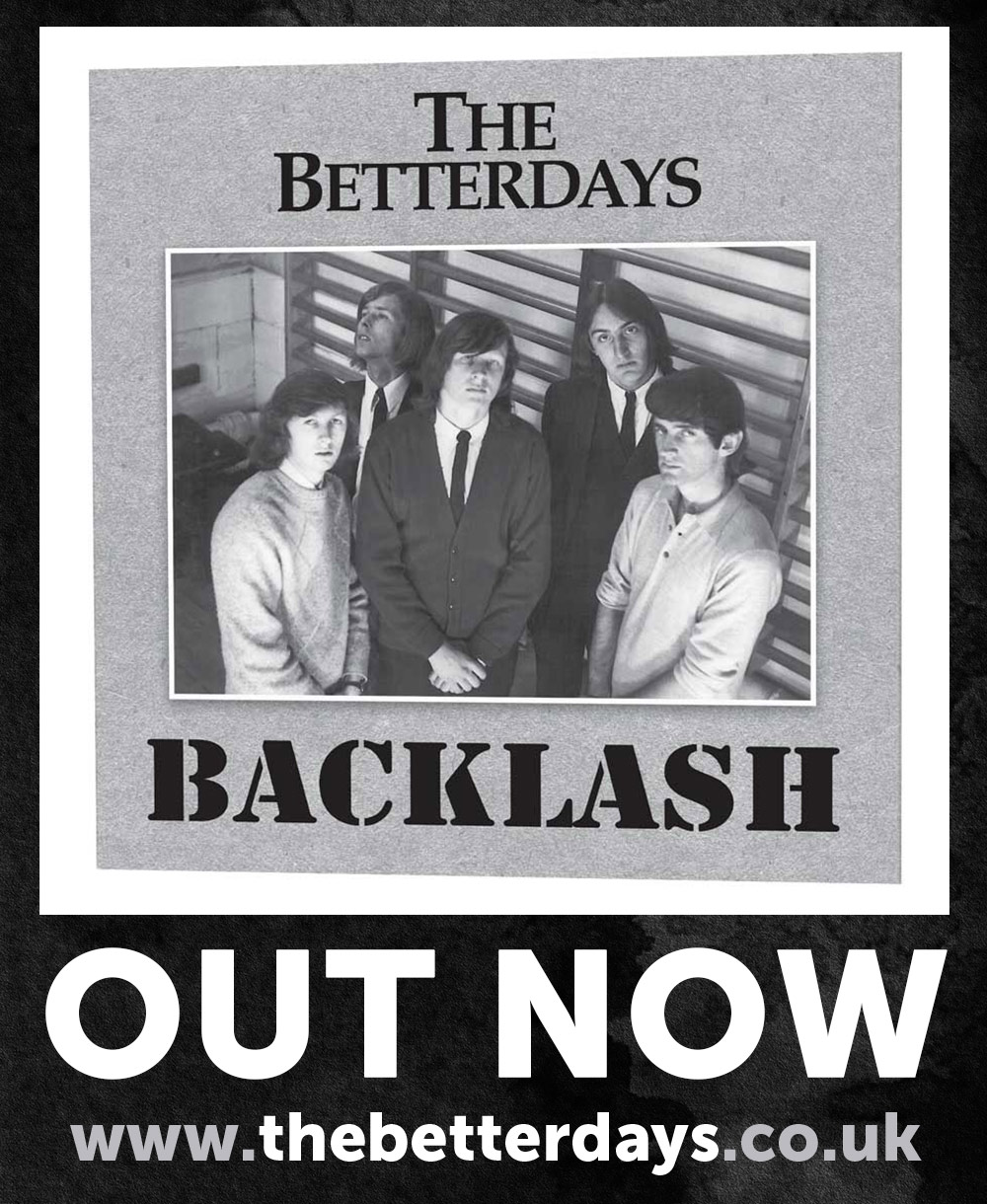February 2017
A new Alison Krauss album is always a special event, and WINDY CITY, her first all-new solo album since 1999’s FORGET ABOUT IT, certainly doesn’t disappoint. Working without her acclaimed Union Station bandmates, she opted to make this a ‘country’ album with veteran producer Buddy Cannon, probably best-known for his long association with country superstar Kenny Chesney. But this is not a ‘country’ album as defined by the kind of country music that is currently being produced in the Nashville studios. This is Alison Krauss we’re talking about here, and in her 30-year career she’s never ever been predictable or followed the fads and trends of the day.
As soon as you place this album in the player Alison takes over with that distinctive voice and a batch of songs that invariably make compelling listening. She takes songs that are already well-constructed—great melodies, superb songwriting—and elevates them to another level. Some may well be familiar—Gentle On My Mind, You Don’t Know Me and Poison Love—others, though of similar vintage, will almost certainly be new to most listeners. Vocally, Alison sounds as though she was meant to sing these almost traditional melodies, fitting them perfectly like a glove.
There’s a timeless quality in the music of WINDY CITY. It’s neither nostalgic, nor anxiously contemporary. And it’s not really obvious where to pin it down on a map. The music is made here and now with influences from bluegrass, classic country-pop, traditional country, folk-country and even touches of jazz and swing as Alison brings back the warmth and soul of country music for a new audience to discover.
Down-to-earth
Despite her unqualified success over the years, Alison Krauss has always remained a down-to-earth music aficionado; she savours good music like a genuine fan. For this album she has unearthed songs that have remained more-or-less obscure since they were first written, not because they were lacking in quality, more because they lacked exposure. The title song, originally recorded by the Osborne Brothers in 1972, is richly textured with swirling steel guitar and sweet strings that float around terrific vocals with Suzanne Cox and Jamey Johnson adding to the vocal mix.
Suzanne Cox joins in with her father Sidney to enhance Alison’s silky tones on the little-known Willie Nelson song I Never Cared For You, that’s given a fresh, almost jazzy vibe with a carefree throwaway vocal. There’s also a couple of old Brenda Lee hits—Losing You and All Alone Am I—both of which Alison totally owns, making them her very own creations.
WINDY CITY is one more testament to the discriminating musical taste that has elevated Alison Krauss from the pack and forged her name into the annals of music history. Imbuing every ounce of her musical and spiritual strength into each song, muscling inside the core source of every track and working her way out through each verse and chorus as they take their own twists and turns to get to their final denouement.
There’s an obvious focus on the newest, latest and greatest in our culture right now. I have to think that, in many instances, our constant pursuit of ‘newness’ has caused some real damage. At best, we walk right past things that aren’t marketed to us as new. And at worst, we actually cause damage to our world by going after that which is new, rather than that which is lasting.
Alison Krauss is on a mission to make music that will outlast the ‘newness’ we crave. Her music does not need the big gestures or capital letters to catch the attention. It’s in the low key and understated that you will find the beauty. What you read between the lines, what you hear between the notes that are played, are equally important. She prefers not to attack but to seduce the listener.

In many aspects, WINDY CITY is a heartfelt tribute to a fertile period in American music; the Nashville Sound and Countrypolitan recordings of the 1960s and early 1970s that took Nashville and country music to a vast, previously untapped, worldwide audience. This album’s release is timely. Obeying the rules of the much-mooted music-comes-in-cycles hypothesis, the smoothly executed Countrypolitan appears to be 2017’s new black.
In the 1960s and early 1970s the sweetening of country music with lush string sections and heavenly choirs had the country traditionalists up in arms describing pop-country as a shocking betrayal of country’s supposed rural authenticity. The Nashville Sound of artists like Patsy Cline, Jim Reeves and Sonny James metamorphosed into what came to be known as Countrypolitan as pianos echoed, choirs soared, strings swelled and mallets plinked, with record producers enrobing country songs in outmoded pop grandeur.
Mainstream adult listeners, fed up with the raucous teeny-bopping that had overrun pop radio, were pleasantly surprised to discover, on country stations, not the jerky two-steps and sawing fiddles of hillbilly stereotype, but lush romantic sounds and tales of working and middle-class suburban life. Singers such as Ray Price (a one-time classic Texas honky-tonker), Charlie Rich (a jazz-styled, ex-Sun cat), Glen Campbell (session guitarist and bluegrass banjo picker) and Eddy Arnold (a simple Tennessee plowboy), could not be easily distinguished from pop crooners like Perry Como, Andy Williams, and Bobby Vinton. This new kind of country music helped give the Nashville music industry a boom. By the 1970s, country singles were routinely crossing over to the pop charts, at times seeming barely distinguishable from the emerging pop genre known as MOR, for middle of the road. Historians and traditionalist fans alike have characterised that era as ‘saccharine,’ ‘pop schlock,’ ‘the final nail in country music’s coffin.’
Some thirty-odd years down the road young artists like Lambchop, Hem, Calexico and Laura Cantrell openly endorsed the Countrypolitan sounds of the past and reinvented it for a new hip audience of the new millennium. Unashamedly maudlin, hypnotically introspective, Lambchop became Nashville’s biggest curveball in years and so at odds with the likes of the Kenny Chesneys and Tim McGraws of this world. The string-drenched sounds of the band’s classic NIXON, enhanced by the wondrous steel guitar of Paul Niehaus wafting in and out of the arrangements, perfectly evoked the Nashville sound so popular three decades earlier, but for years completely passé among Music City’s chart superstars.
What the majority of those Countrypolitan recordings of the past had in their favour was without doubt the highest quality of songwriting. Music Row’s finest tunesmiths, legends like Hank Cochran, Harlan Howard, Mickey Newbury, Kris Kristofferson, Roger Miller and Bill Anderson all contributed. Strip away the orchestration and lushness and beneath you’ll discover songs that could just as easily make an impact performed by one man and a guitar.
Shrewd cookie
Alison Krauss, always something of a shrewd cookie, has picked up on that. She has recognised that those Countrypolitan recordings were not some crass compromise, but the incommensurable match of singer, song and setting that great popular music always depends on. The once fertile Nashville scene of the late 1960s—the Tin Pan Alley of the South—often spurned by romantics as a soulless ‘machine,’ where producers, writers and engineers from both pop and country, concocted a new kind of music for great interpreters like Marty Robbins, Ray Price and even George Joines, was, perhaps in retrospect, not as bad as we all made out.
After all, Patsy Cline’s Crazy, which in 1962 was described in a UK country music magazine as ‘a tuneless pop dirge,’ is now quite rightly regarded as a traditional country classic. And even Glen Campbell, who once struggled to be accepted as country, especially by die-hard traditional fans, is now regarded as a giant of the genre.
Who knows, the CMP (Country Music Police) who spent the 1990s deriding Nashville’s hat acts, and nowadays take delight in ostracising today’s bro-country movement, might, in years to come, have to eat their Stetsons and admit, that perhaps Kenny Chesney, Tim McGraw, Luke Bryan and even Florida Georgia Line, when compared with some of the Countrypolitan records of the past, that were masquerading as country, are perhaps not as bad as they might have thought.
By Alan Cackett

















Recent Comments